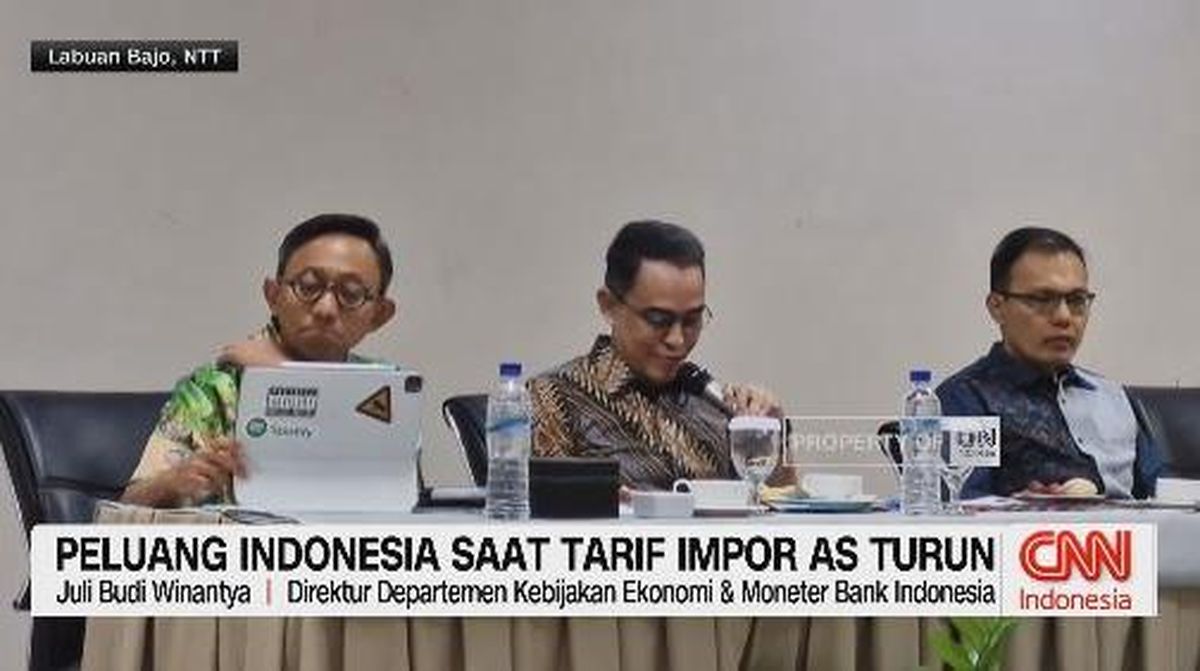A NSW man who died without a will left his entire estate to his estranged “on and off” partner, a court has ruled in a dispute between the man’s sister and his one-time fiancee.
The man died in August 2023, aged 56, and his former partner found out about his death on Facebook about six weeks later. She had left his home in May, after what the NSW Supreme Court heard was “another drunken and abusive outburst” by him.

The couple had been engaged at one point and he had given his fiancee an amethyst ring, the Supreme Court heard.
Because the man had no other siblings, no children and no living parents, his sister stood to inherit his entire estate, valued at about $300,000, under rules relating to the distribution of estates where there is no will.
The man’s ex-fiancee brought court proceedings, seeking a share of his estate under NSW succession laws that allow eligible people to seek a “family provision order” if inadequate provision has been made for them from an estate.
A person who was at any time wholly or partly dependent on the deceased and was a member of their household is eligible for a family provision order, but the courts will consider whether it is warranted in a particular case.
‘Closest thing … to a love of his life’
In this case, Justice Peter Brereton found the order was warranted.
The man’s former partner was the only person to whom he owed “a moral duty to make provision” and “she should have the whole of the estate”, aside from some expenses and capped legal costs of about $100,000 incurred by the man’s sister, the judge said in a decision this month.
“Her financial position now is poor and her needs are great. In money terms ... [she] is likely to receive less than $200,000.”
Brereton said it was “common ground” the couple “had a relationship, but the precise nature, longevity and extent of this relationship was disputed”.
“The relationship certainly was ‘toxic’ at times, with episodes of domestic violence as well as substance abuse,” he said.
‘[She was] the only person with whom [he] had a romantic, domestic relationship in the last nine years of his life, and was the closest thing he had to a love of his life.’
Justice Peter BreretonThey were “both prone to anger and violence”, but “continued to meet in defiance of the apprehended domestic violence orders to which each of them was bound”.
The judge said the man’s former fiancee was “the only person with whom [he] had a romantic, domestic relationship in the last nine years of his life, and was the closest thing he had to a love of his life”.
His former fiancee had lived with him intermittently and had done the cooking, cleaning, laundry and garden maintenance, as well as contributing to household expenses such as groceries.
The engagement ring
Brereton said that if the man had not died the pair “could easily have reunited at some point”.
The judge accepted that “in happy times, [they] … considered themselves engaged to be married”.
The man had proffered an amethyst engagement ring in 2016, but threw it away later during a fight. In 2021, he gave her a gold diamond pendant and two rings.
While the couple was estranged when the man died, his former fiancee still considered him her de facto spouse and long-term partner.
The judge was satisfied that the former fiancee was partly dependent on the deceased “to provide her accommodation from time to time over nine years from 2014”, and was a member of the same household as him at various times.
‘That’s just not life’
Turnbull Hill Lawyers partner Adrian Corbould, an accredited specialist in wills and estates law, said: “A successful claimant doesn’t have to have a peaches and cream relationship because that’s just not life.
“All the love stories you see in the movies end when they pair up. Romeo and Juliet knew each other for [a handful of] days.”
Corbould said it was “very unusual for a plaintiff to get everything” in a family provision claim, as the former fiancee had in this case, but this reflected the small size of the estate.
A person who died without a will effectively had “an imaginary will … that the government imposes” on their estate, and their assets went to “whoever forms part of the [legal] formula”, such as a spouse, children or parents.
“In this instance, the sister was the next in line,” Corbould said.
The former fiancee could not show that she was in a de facto relationship with the deceased because she had not been living in a continuous two-year relationship with him at the time of his death, and they did not share a child.
This meant she was not entitled to his estate under the “imaginary will”.
But she could show she was a partly dependent member of his household in the past. This allowed her to make a family provision claim.
“It was a long-term relationship of nine years, but it was cyclical,” he said.
Start the day with a summary of the day’s most important and interesting stories, analysis and insights. Sign up for our Morning Edition newsletter.
Most Viewed in National
Loading

















































